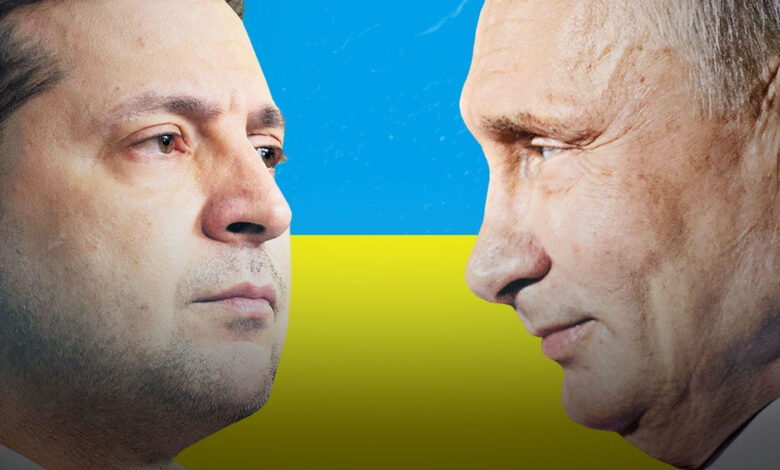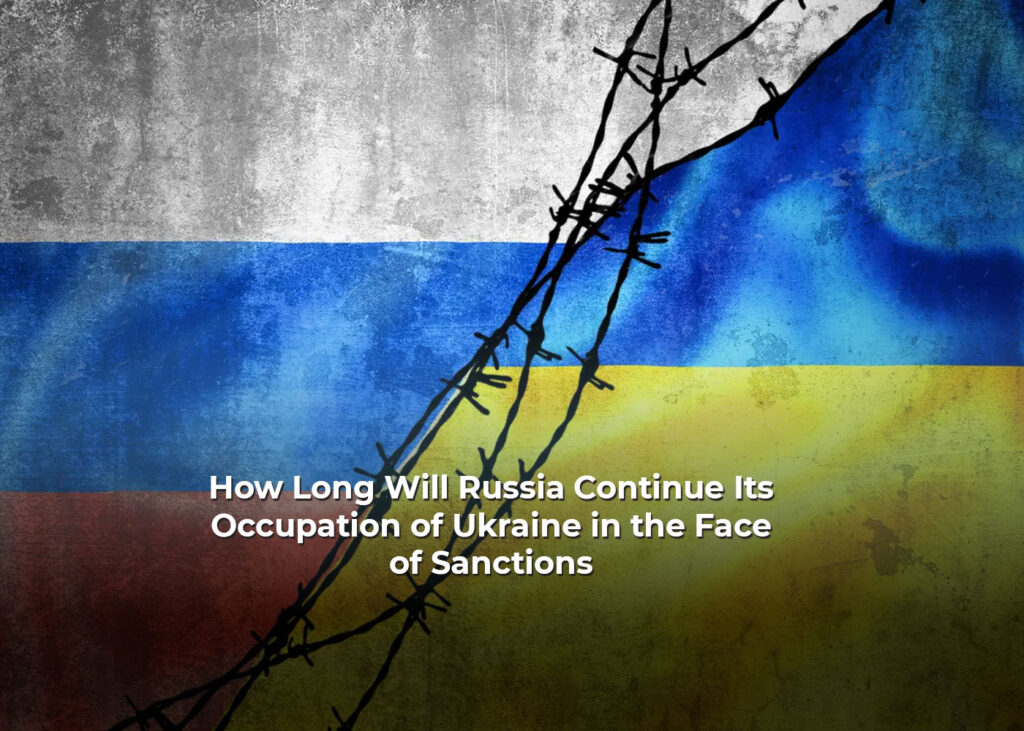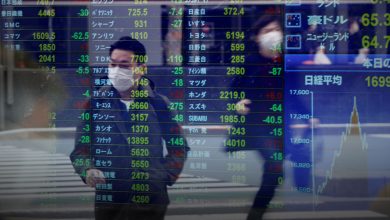How Long Will Russia Continue Its Occupation of Ukraine in the Face of Sanctions?

For almost a year now, Russian military personnel has been wreaking havoc upon Ukrainian towns and villages at the orders of Vladimir Putin. This aggression has cost tens of thousands of their lives. Though Ukraine is receiving financial aid from many countries and defensive armaments, Russia faces economic sanctions to destabilize Moscow’s authority – but do these attempts prove successful?
The Western Embargo for Russia Is Working, But Not As Much As Desired
Initially, the figures may appear to contradict one another: Russia‘s GDP decreased by approximately 3.5-4% in 2022, depending on which estimate you use. Despite this, it has held up much more stably than expected from many onlookers. The ruble did not plummet as dramatically as initially anticipated either.
According to leading economists, the Russian economy displays remarkable resilience despite sanctions. One major factor driving this consistency is increased commodity prices due to Russia‘s military invasion of neighboring countries. For example, Professor Michael Rochlitz from the University of Bremen notes that in 2022, oil and gas export income was greater than average for a country under such economic strain.
Through the provision of short-term financial assistance, the Russian government could invest heavily again – particularly in defense. Rochlitz suggested that this endeavor compensated for drastic downturns in other sectors, such as automotive manufacturing.
In contrast, Russia expert Sebastian Hoppe from Freie Universität Berlin contends that it is unfeasible to disassociate Russia economically fully. Evidently, there are still sufficient trading partners who contribute and facilitate “parallel imports.” Hence, with a slight delay of time, western commodities can be accessed by Russian customers through third-party markets — for instance, through Turkey, Kazakhstan, or China.

These Sanctions Will Be More Effective In The Long Run
Consequently, were the actions of western allies successful? According to economist Rochlitz, “In theory, sanctions have had a major impact; however – and this was wrongly assessed slightly – it will be more evident in the medium-to-long term. Furthermore, imports from other countries are insufficient to fill the gap created by goods previously sourced from Western countries,” states Hella Engerer, an economist at German Institute for Economic Research (DIW). Additionally, restrictions on deliveries of dual-use products such as civil and military equipment may also impede Russia‘s economy.”
Russia Is Increasingly Dependent On China
To add to this, Professor Rochlitz from Bremen remarks that Russia has become exceptionally reliant on exchanging with other nations, particularly China. The Russian administration’s reliance on the Chinese market is incomparable – they rely heavily upon them as suppliers of technological products and purchasers of raw materials. Economic researcher Gern similarly perceives China as a determining factor regarding Russia‘s economy; if ever blocked by political reasons, it would certainly be an immense blow to their nation.
You might check: Wormhole Bridge’s Hacker Has $46 Million On Maker




